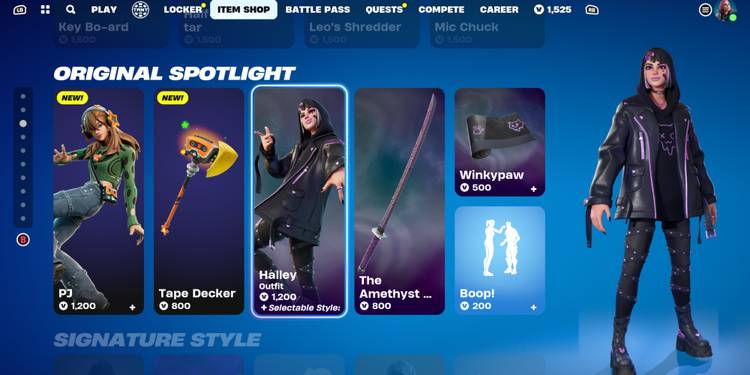
- Kids who don't buy in-game items can face bullying from peers in free-to-play games like Fortnite.
- Research shows pressure on children to fit in by purchasing virtual items, raising ethical concerns about microtransactions.
- A study highlights manipulation tactics that games use to encourage more spending.
A study by a team of Norwegian social scientists has found that kids can face bullying by others if they don't buy items in games. The research by Julia Clara Reich and Kamilla Knutsen Steinnes was published last year and recently highlighted in a post from Sciencenorway.no. This study involved Reich and Steinnes conducting interviews while playing games with 19 children from the ages of 10 to 15 in Norway to examine their experiences. One notable finding was that subjects felt pressure to fit in with peers by buying in-game items in titles like FIFA.
SourceIn a related study, the same researchers, along with Helene Fiane Teigen, found that games like Fortnite and Roblox employ numerous tactics to manipulate players and encourage them to spend more on in-game purchases. Advertising designed to encourage customers to buy more and children facing peer pressure to fit in are certainly nothing new, but now these struggles may be migrating to the digital realm. Indeed, back in 2022, Sony reported that PS5 owners spend more on microtransactions than on games, and there are no hints of this trend diminishing since then.

